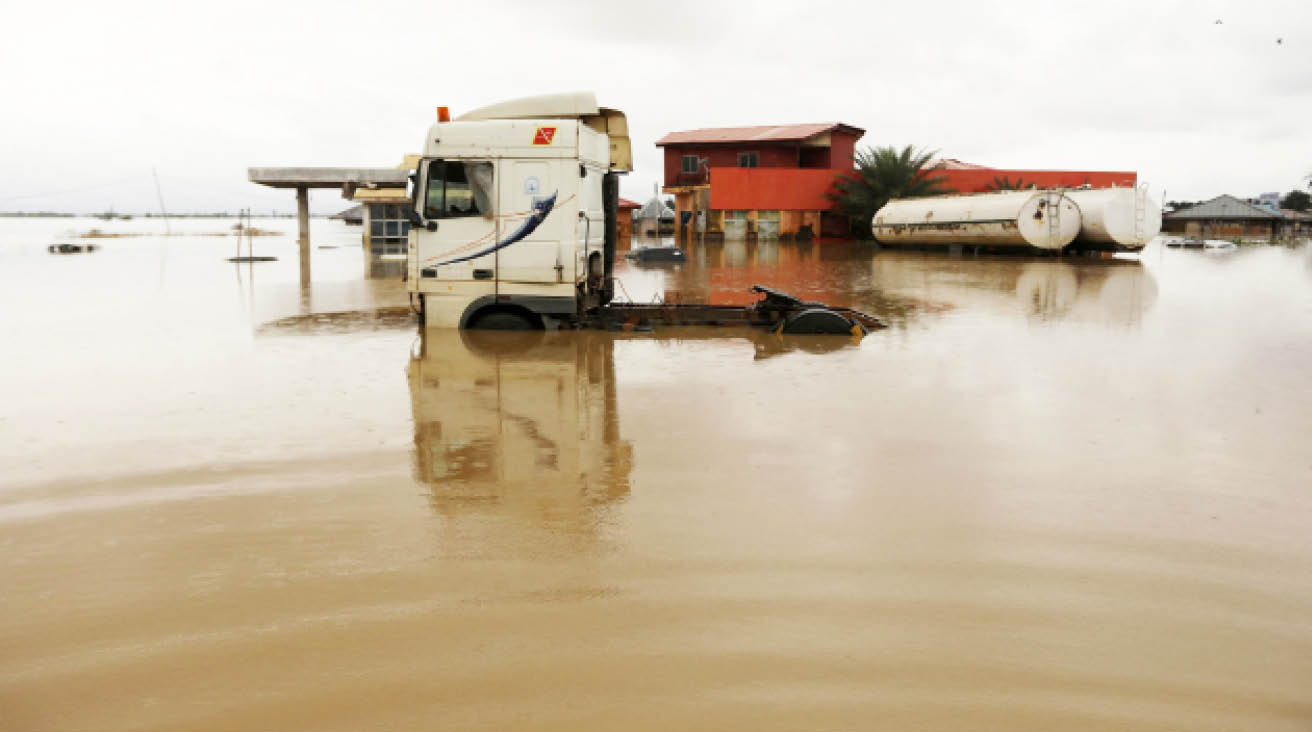Flood is a natural diversion of water from overflowing rainfall into dams, rivers or channels of water including gutters. The flood has an effect on infrastructural development, claims the lives of millions and destroys properties. Many ways can be followed to avert the menace of flood in Nigeria entirely.
Flooding is seen as a result of climate change, which is affecting the world with devastating effects.
All over the world, governments strive to intervene to assist the victims affected by the flooding through the rebuilding of collapsed structures and other assistance to enable the victims resume their normal lives.
As we strive to do that in Nigeria, there is also the need to look at the future in order to avoid future occurrences.
The season has gone but there is also another one coming, the government and people should thoroughly prepare for controlling any suspected channels of flooding, which may lead to the risk of floods.
One area that needs attention is the provision of drainage in towns and villages to contain any surge in water flow during the rainy season. It is sad to note these are lacking in many of our cities and other settlements.
The government, at all levels, should implement the policy of constructing waterways, and the reconstruction of the weakened ones. It should also create a platform where it could receive early warning from people and be able to disseminate information to people in areas prone to flooding.
This will help avert disaster and save lives and property.
The National Emergency Management Agency (NEMA) should carry out an assessment of all areas affected by flooding in the countries to plan for the future.
Individuals can assist to avert future disasters by adhering strictly to environmental regulations such as proper refuse disposal and clearing of drainages around them
Khadija Abubakar Usman, Department of Mass Communication, Borno State University

 Join Daily Trust WhatsApp Community For Quick Access To News and Happenings Around You.
Join Daily Trust WhatsApp Community For Quick Access To News and Happenings Around You.


